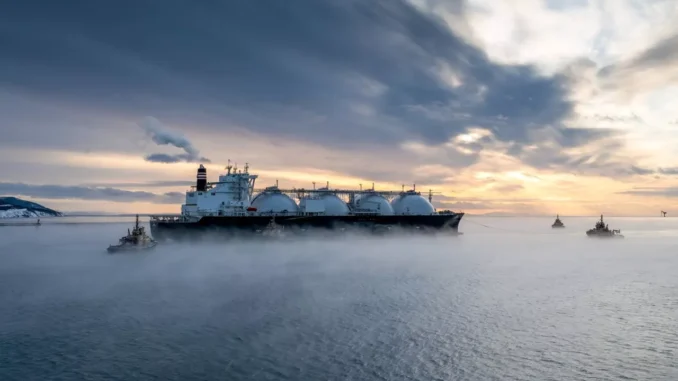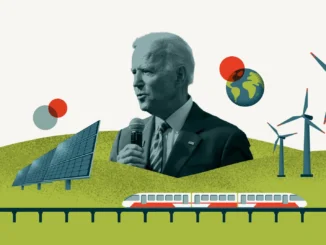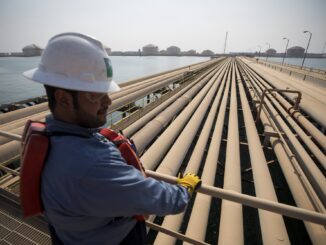
The countries of the European Union (EU) still depend on Russian gas in its liquefied version. This dependence has even been reinforced in the light of the study carried out by the NGO Global Witness , based on data from the Kpler firm.
Between January and July 2023, EU countries bought 22 million cubic meters of liquefied natural gas (LNG) from Russia, compared to 15 million during the same period in 2021, a jump of 40%. . According to the detailed figures, it is above all Spain and Belgium which are responsible for this increase.
Spain and Belgium in the lead
The Iberian neighbor saw its Russian imports drop from 3.7 million cubic meters to 7.5 million over the period. For Belgium, the figures are respectively 2.7 and 7.1 million. These two countries are narrowly beaten by China as the main buyers.
France, if it has reduced its purchases, sees its volume drop from 5.2 million cubic meters for the first seven months of 2021 to 4.5 for the same period this year. In total, using Russian LNG prices estimated by the Center for Energy and Clean Air Research, Global Witness predicts that EU purchases in 2023 will amount to €5.29 billion.

As it stands, Europe cannot do without Russian LNG. “The countries of the Union have reduced their dependence on Russian gas from 40% in 2019 to 15% today, half of which consists of LNG”, observes Thierry Bros, specialist in energy issues and professor at Sciences Po. While Europe can afford to embargo Russian oil and coal purchases, it will only be able to do so from around 2027 for LNG, according to recent estimates from the European Commission. The time for the LNG production projects in the United States, Qatar and Australia to be completed so that Europe can benefit from them.
The Russian state benefits little
Are European purchases helping to finance the Russian war effort against Ukraine? “It would be an error in judgement. Rather, it is the private companies that benefit from the revenues more than the Russian Treasury. Russian LNG is significantly less taxed and yields about four times less than conventional gas transported by pipeline,” explains Thierry Bros.
Global Witness points to the fact that Shell and TotalEnergies continued to trade Russian LNG after Russia invaded Ukraine. A previous analysis by the NGO from July 2023 indeed shows that Total is the largest non-Russian acquirer of Russian LNG, having purchased nearly 4.2 million cubic meters since the start of the year. Heard by French parliamentarians in the fall of 2022, Patrick Pouyanné, the CEO of TotalEnergie had then indicated the impossibility of immediately ceasing all activity in Russia on LNG and that his group served above all the “well-being of Europeans.
Stocks filled
For the time being, these purchases of Russian LNG allow Europe to display a filling rate of gas stocks of around 92%, i.e. already slightly above the 90% target in November set by the Brussels executive. “I remain calm for the start of winter. We are on the right track and gas consumption in Europe should drop by 8% this year,” says Thierry Bros.
However, if the winter is harsh or if the Russian President, Vladimir Putin, imposes a reduction in LNG production in his country, price tensions could arise. At this stage, vigilance remains in order for another two to three years, while LNG production capacities progress.



